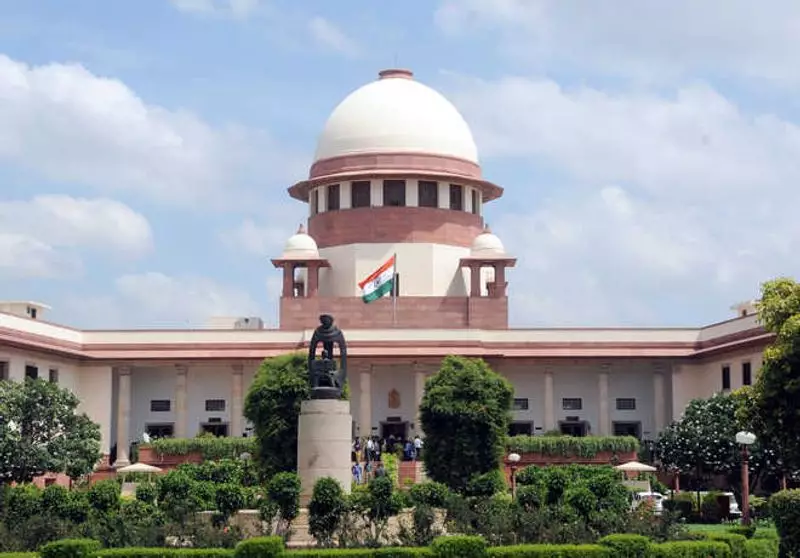
In a significant verdict strengthening judicial independence, the Supreme Court of India has struck down several crucial provisions of the Tribunals Reforms Act, 2021. The landmark judgment delivered on Monday safeguards the autonomy of tribunals and reinforces the separation of powers between the executive and judiciary.
Constitution Bench Delivers Unanimous Verdict
A five-judge Constitution Bench comprising Chief Justice of India N.V. Ramana and Justices D.Y. Chandrachud, L. Nageswara Rao, S. Ravindra Bhat, and Hemant Gupta unanimously declared specific sections of the controversial Act as unconstitutional. The bench heard multiple petitions challenging the legislation that sought to overhaul the tribunal system in India.
The court specifically invalidated Section 3(1) of the Act, which empowered the central government to notify the appointment and service conditions for tribunal members. Additionally, the bench struck down Section 3(7) that mandated a four-year term for tribunal chairpersons and members, finding it contrary to earlier Supreme Court directions that recommended a five-year term with age restrictions.
Key Provisions Struck Down
The Supreme Court identified several problematic areas within the Tribunals Reforms Act that undermined the independence of the judiciary. The four-year tenure provision was particularly contentious, as the court had previously established that shorter tenures could compromise tribunal members' independence and effectiveness.
The minimum age requirement of 50 years for appointment to tribunals was another provision that faced judicial scrutiny. The court found this requirement arbitrary and potentially exclusionary toward qualified younger candidates who could contribute significantly to tribunal functioning.
Justice Chandrachud, writing the judgment for the bench, emphasized that "the independence of the judiciary is part of the basic structure of the Constitution" and that tribunals performing judicial functions must maintain similar standards of independence as traditional courts.
Impact on Tribunal System
This verdict has far-reaching implications for India's extensive network of tribunals that handle disputes across various sectors including taxation, environmental law, administrative matters, and company law. The decision ensures that tribunal appointments and functioning remain free from excessive executive influence.
The judgment reinforces the principle that tribunals, as substitutes for traditional courts, must maintain equivalent standards of independence to deliver impartial justice. This marks another chapter in the ongoing dialogue between the judiciary and legislature regarding the appropriate balance of power in tribunal governance.
Legal experts have hailed the verdict as a crucial step in preserving judicial independence. The ruling is expected to impact the appointment processes across more than 15 major tribunals operating throughout the country, ensuring that qualified judicial members can serve meaningful tenures without premature termination threats.
The Supreme Court's decisive action demonstrates its commitment to maintaining constitutional checks and balances, particularly when legislative actions potentially compromise the independence of judicial institutions that form the bedrock of India's democracy.





